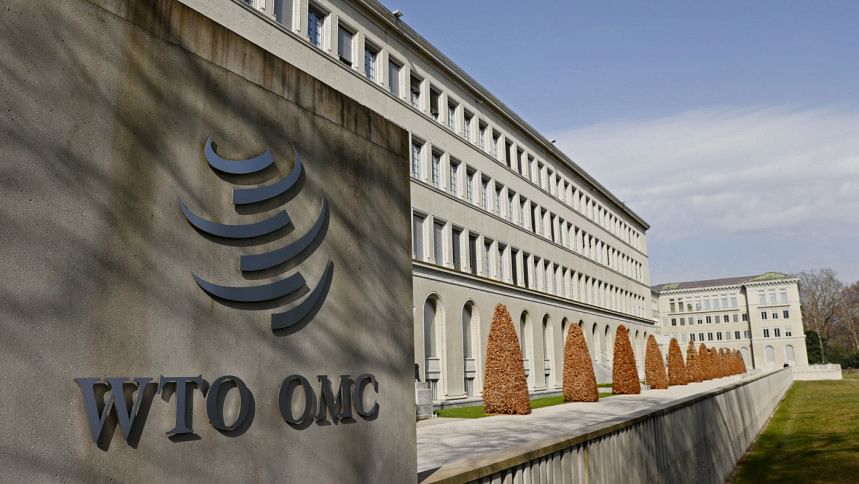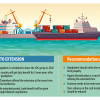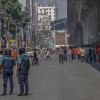WTO: the sick man of global trade?

The World Trade Organization regulates large swathes of global trade, but is handicapped by a rule requiring full consensus for any decisions, and a dispute settlement system crippled by US opposition.
The WTO, which holds its two-yearly ministerial conference in Abu Dhabi from February 26 to 29, is the only international organisation that deals with the rules governing trade between countries.
But as the organisation itself acknowledges on its website, it "is not Superman, just in case anyone thought it could solve -- or cause -- all the world's problems!"
Post Cold War rules
The WTO was created on January 1, 1995, but is based on a trading system established nearly half a century earlier, in 1948, with its predecessor the General Agreement on Tariffs and Trade.
The GATT was part of a framework of international organisations created after World War II to discourage policies such as protectionism that were considered to have aggravated the Great Depression of the 1930s.
The WTO was formed at the end of the eighth round of GATT trade liberalisation negotiations, known as the Uruguay Round, which stretched from 1986 to 1994.
Whereas the GATT mainly dealt with trade in goods, the WTO and its agreements now also cover trade in services, inventions, creations and designs.
"The system's overriding purpose is to help trade flow as freely as possible -- so long as there are no undesirable side-effects -- because this is important for economic development and well-being," the WTO says.
But some accuse the organisation of becoming too bulky, a massive bureaucratic machine.
With a budget of nearly 205 million Swiss francs ($234 million) this year, it employs some 600 people at its Geneva headquarters, including an army of lawyers, economists and statisticians.
WTO straitjacket
The WTO's 164 member states call the shots.
And making decisions is no easy feat: any agreement requires full consensus, meaning every member holds veto power.
Around three-quarters of the WTO's members are considered developing or among the least-developed countries, which benefit from more flexibility in the way trade rules are applied.
All large economies are members, but around 20 countries are currently on a waiting list to join, including Iran, Algeria, Serbia and Iraq.
The accession process can take years, as it entails long negotiations with all WTO members, which each have the power to block a country from joining.
East Timor and the Comoros are expected to join the WTO soon, in the least-developed countries category. Their membership bids will be formally presented in Abu Dhabi.
Dispute settlement in disarray
The WTO is a forum where governments negotiate multilateral trade deals affecting all member states.
But amid the difficulty of obtaining full consensus, more and more plurilateral agreements -- deals with a narrower number of signatories -- are being reached, applying only to the participating countries.
This is the case for instance with an important agreement offering exemptions from customs duties on electronic transactions.
Once painstakingly agreed, the international trade rules often require interpretation, with the WTO serving as an arbitrator in disputes.
Countries of any size can file complaints with WTO's Dispute Settlement Body over alleged trade rules violations, and it is not uncommon for the world's biggest economies to be tripped up in disputes filed by smaller ones.
But the system is in disarray, since Washington brought its appeals court to a screeching halt in late 2019 after years of blocking the appointment of new judges.

 For all latest news, follow The Daily Star's Google News channel.
For all latest news, follow The Daily Star's Google News channel. 








Comments